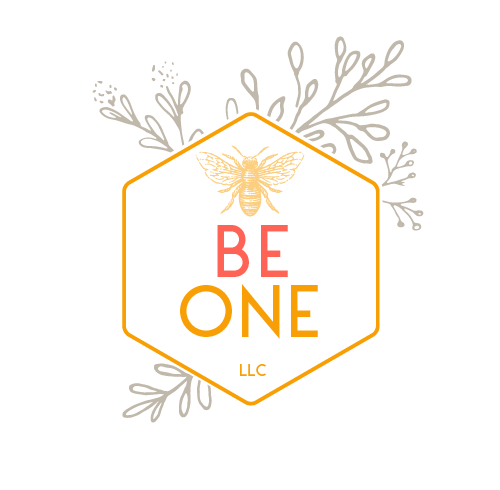Dirty Dozen and Clean Fifteen
It is still up for debate whether or not people are truly what they eat. I think that theory couldn't be more true. As I train for my first half marathon and encourage myself to make healthier choices, I am mindful of the food I am putting into my body, and how the body reacts. I find myself doing most of my grocery shopping in the produce section or at the farmer's market whenever possible. It is next to impossible for me to buy strictly organic and GMO-free food. Paying rent is unfortunately crucial, and I don't think my landlord would accept the excuse, "I was late on rent because purchasing organic papaya is a priority in my life." If you are like me and fear how pesticides may impact your body, since their sole purpose is to kill living things called pests, then eating fresh clean produce is very important. Luckily there are easy ways to lower the risk without breaking the bank.
My first go to is to buy local produce from the farmer's market in town. This is the best way to know exactly where your produce is grown and that it is treated with care. If this is not an option for you, then shopping smart is the solution! Each year, the Environmental Working Group [EWG] researches both the filthiest and cleanest produce in the United States. They call them the Dirty Dozen and Clean Fifteen:
Strawberries
Apples
Nectarines
Peaches
Celery
Grapes
Cherries
Spinach
Tomatoes
Sweet Bell Peppers
Cherry Tomatoes
Cucumbers
Avocados
Sweet Corn
Pineapples
Cabbage
Sweet Peas (Frozen)
Onions
Asparagus
Mangoes
Papayas
Kiwi
Eggplant
Honey Dew
Grapefruit
Cantaloupe
Cauliflower
So, if you can't afford to purchase the highest quality fruits and vegetables, then it is easy to be mindful of what is the least contaminated when grocery shopping. This also provides you with important information as to what is most financially beneficial to purchase, local or organic. For example, if I can only purchase only one organic item, I am going to buy apples over cabbage because apples carry more pesticides.
You may be asking yourself why it is so important to avoid pesticides when possible. There is clear evidence that the consumption of produce contaminated by pesticides can cause harmful medical conditions such as brain and nervous system toxicity, hormone disruption, and even cancer.
“Take care of your body. It’s the only place you have to live. ”
Life is very short and your body truly is the only place you have to live, so be mindful of how you treat it, and how it feels as a result of the choices you make daily. As you reinforce smart healthy choices, it will become second nature. When you begin to notice that your body feels better, you'll want to eat the fresh ripe veggies whenever you can. Be kind to your body by using the Dirty Dozen and Clean Fifteen lists next time you are at the grocery store!
